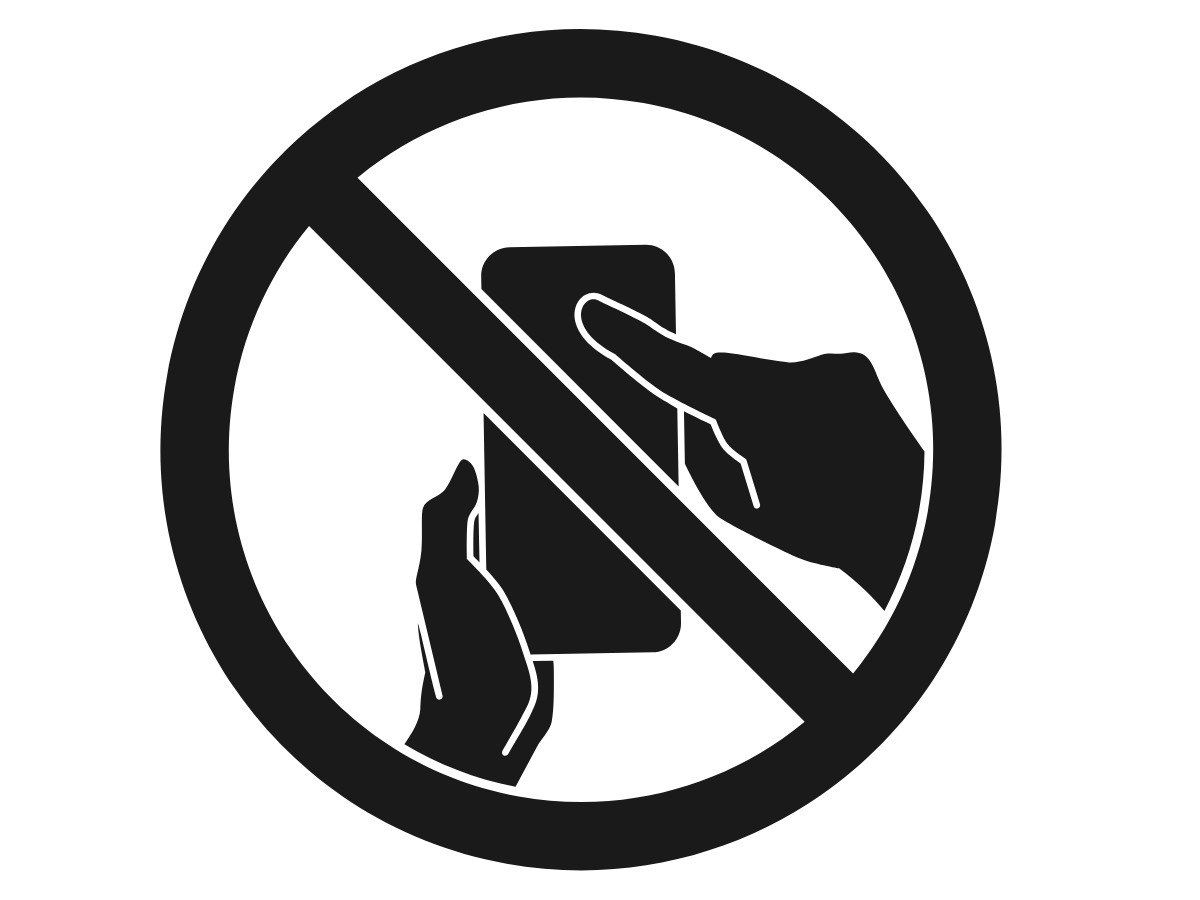MELBOURNE, AU and KING OF PRUSSIA, PA; October 19/20, 2020 — In its annual R&D briefing to investors today, CSL Limited (ASX:CSL; USOTC:CSLLY) demonstrated how the company is advancing a novel research portfolio across four strategic scientific platforms (Plasma Fractionation, Recombinant Technology, Cell and Gene Therapy, Adjuvanted Cell and Egg-based Vaccines) across six therapeutic areas (Immunology, Hematology, Respiratory, Cardiovascular and Metabolic, Transplant, Influenza Vaccines) and two businesses (CSL Behring and Seqirus) to help patients lead full lives, protect public health and drive future business growth. It’s this scientific capability and diverse portfolio that positioned the company to quickly respond to the COVID-19 public health crisis.
“CSL’s acumen in vaccines, monoclonal antibodies, recombinant technologies, manufacturing capabilities and external partnerships, along with a therapeutic area focus and insight that includes Immunology and Respiratory, has supported the growth and progress of our pipeline and has also enabled us to respond quickly to the need for potential solutions in the world’s fight against COVID-19,” said Bill Mezzanotte, MD, MPH, Executive Vice President, Head of Research and Development and Chief Medical Officer. “Right across the spectrum of infection and disease, CSL has taken on projects we think make sense both scientifically and that fit our capabilities.”
The company’s efforts in the fight against COVID-19 include:
- Accelerating the development, manufacture and distribution of a vaccine candidate pioneered by researchers at the University of Queensland in Australia in collaboration with the Coalition for Epidemic Preparedness. If the vaccine development is successful, CSL anticipates producing the vaccine for Australia and distribution to global markets via the COVAX facility toward the end of 2021. And CSL is also working with AstraZeneca to manufacture, if successful, approximately 30 million doses of its vaccine candidate under development with the University of Oxford (AZ1222) for supply to Australia.
- Co-founding the CoVIg-19 Plasma Alliance, an unprecedented industry partnership of more than 12 plasma industry companies, to develop a hyperimmune for treating COVID-19. The phase 3 study in which the CoVIg-19 Plasma Alliance is participating. in early-October. The study will take several months to complete, but if successful, will be the basis for regulatory submissions.
- Developing an investigational, anti-SARS-CoV-2 plasma hyperimmune product for the Australian market to treat people with serious complications of COVID-19. The company is currently manufacturing its therapy for the clinical trial.
- Conducting a Phase 2 study to assess the safety and efficacy of garadacimab (Factor XIIa antagonist monoclonal antibody) to treat patients suffering from severe respiratory distress, a leading cause of death in patients with COVID-19 related pneumonia. The in July.
- Additionally, the company is partnering with SAb Biotherapeutics to manufacture clinical and early commercial supplies of SAB-185, a potential novel immunotherapy targeting COVID-19, produced without the need for blood plasma donations from recovered COVID-19 patients. SAB-185 is currently in early phase development.
“The same collaborative mindset with which CSL has responded to the COVID-19 pandemic is also reflected in how we are advancing our pipeline,” said Andrew Nash, PhD, Senior Vice President, Head of Research and Chief Scientific Officer. “Across therapeutic areas, strategic platforms and geographies we continue to grow our footprint and capabilities so that we can deliver a significant benefit to patients around the world.”
Other advancements in CSL’s R&D pipeline in the last year include:
Setting the pace in Plasma Product development:
CSL is continuously improving current plasma fractionation processes and developing new therapeutic options, which has shown major relevance in the fight against COVID-19 and is also evident in other therapeutic areas. For example:
- The company continues to advance its AEGIS-II Phase 3 study of CSL112 (ApoA-1), for potential treatment of acute coronary syndrome. More than 10,000 patients have been enrolled to date.
- CSL has initiated the subcutaneous immunoglobulin 20% Dermatomyositis RECLAIIM phase 3 trial. Dermatomyositis is a severe autoimmune disease where there is high unmet need.
Advancing its Cell and Gene Therapy research by:
- exclusive global license rights to commercialize an adeno-associated virus (AAV) gene therapy program from uniQure. The EtranaDez (AMT-061) program, currently in Phase 3 clinical trials, if successful, could be one of the first gene therapies to provide potentially long-term benefits to patients with hemophilia B. The deal is subject to regulatory clearances.
- Commencing a Phase 1 trial of CSL200, a stem cell gene therapy for the potential treatment of sickle cell disease.
- to develop a stem cell gene therapy for primary immunodeficiency diseases — a rare disease area where the company has industry leading capabilities.
Building momentum in Recombinant Technology:
CSL has established a highly differentiated preclinical and clinical stage pipeline of recombinant proteins and monoclonal antibodies from its proficiency in protein biology and innate cell immunity. In addition to using this technology against COVID-19, the company is studying:
- Garadacimab as a new type of once-monthly subcutaneous prophylactic treatment for attacks related to hereditary angioedema (HAE), for which it has received Orphan Drug Designation from the U.S. Food and Drug Administration. The company shared the encouraging in June and is preparing for the start of the VANGUARD phase 3 trial. Additionally, garadacimab is showing promise beyond HAE, notably in fibrotic, cardiovascular and inflammatory diseases.
- ., which included clazakizumab (CSL300), an anti-interleukin-6 monoclonal antibody in the IMAGINE Phase 3 trial for the potential treatment of chronic active antibody-mediated rejection, the leading cause of long-term rejection in kidney transplant recipients.







